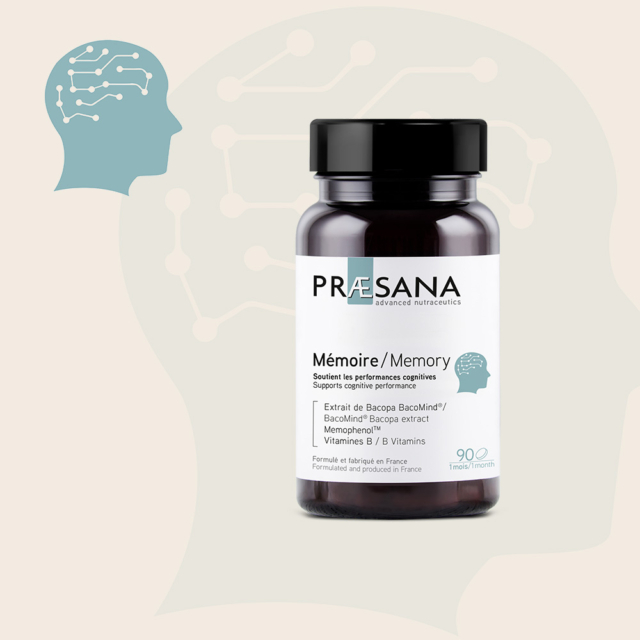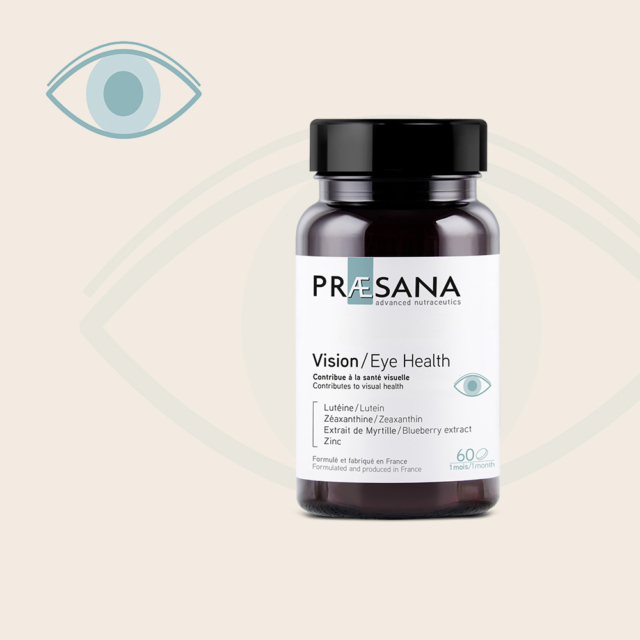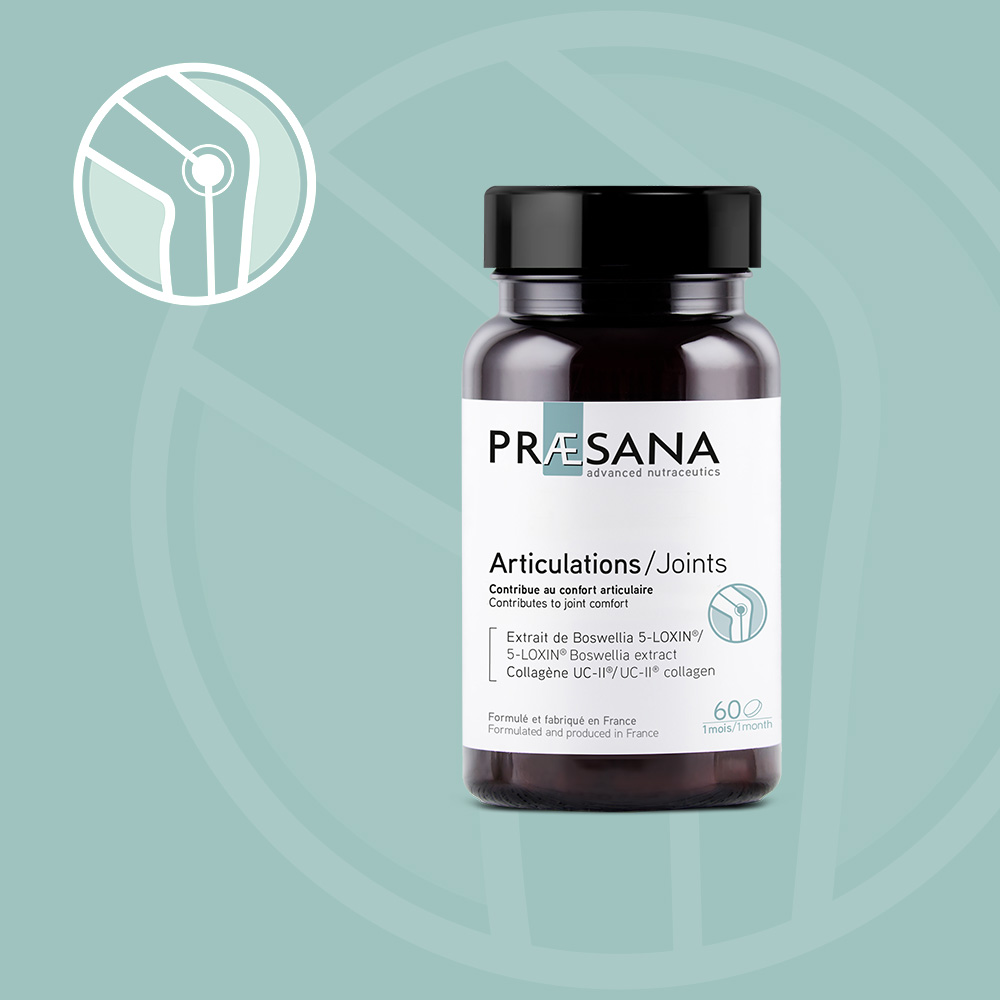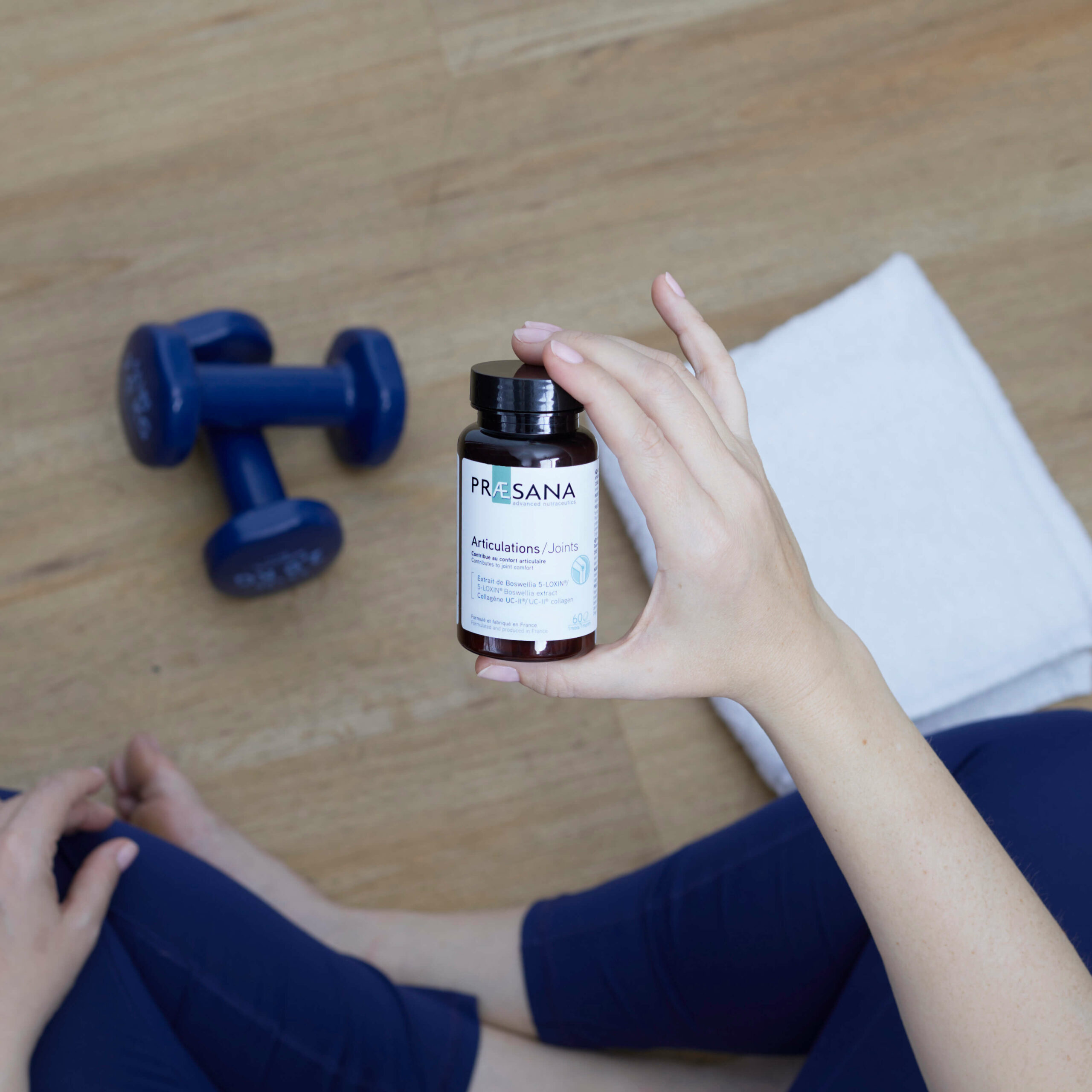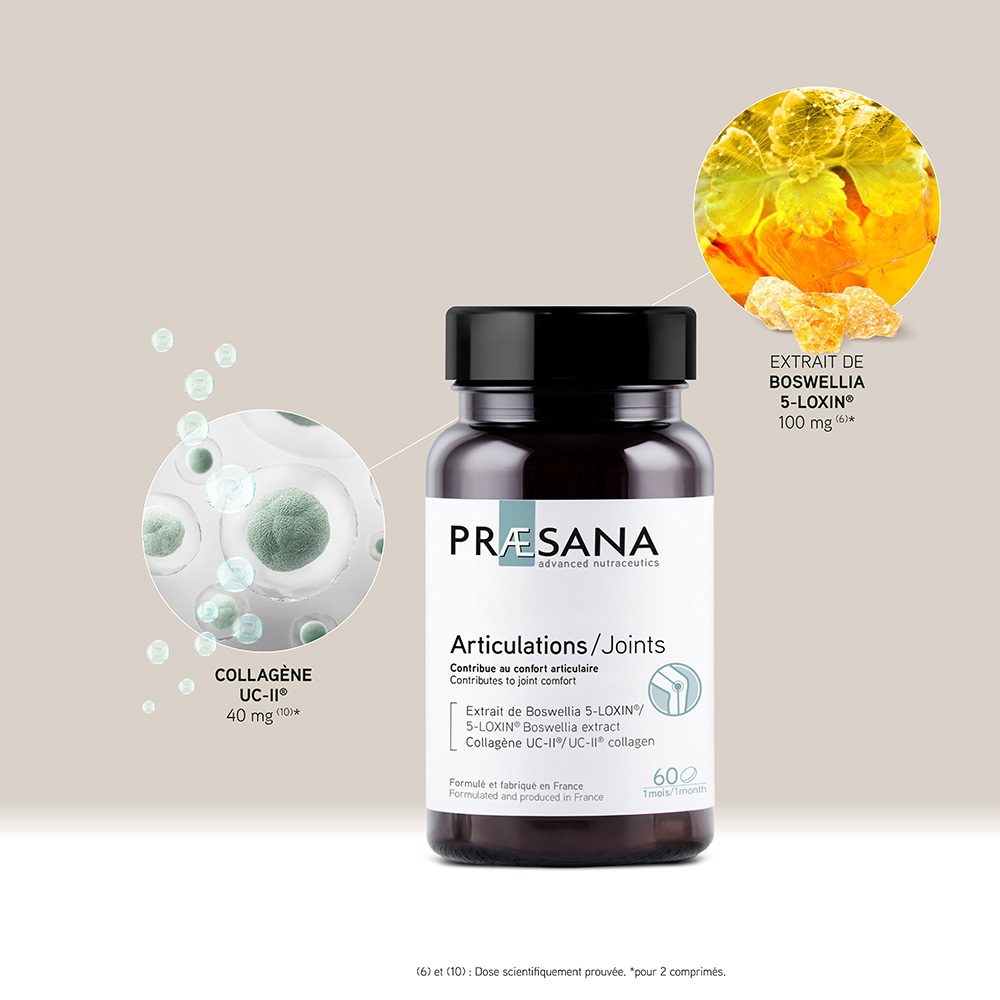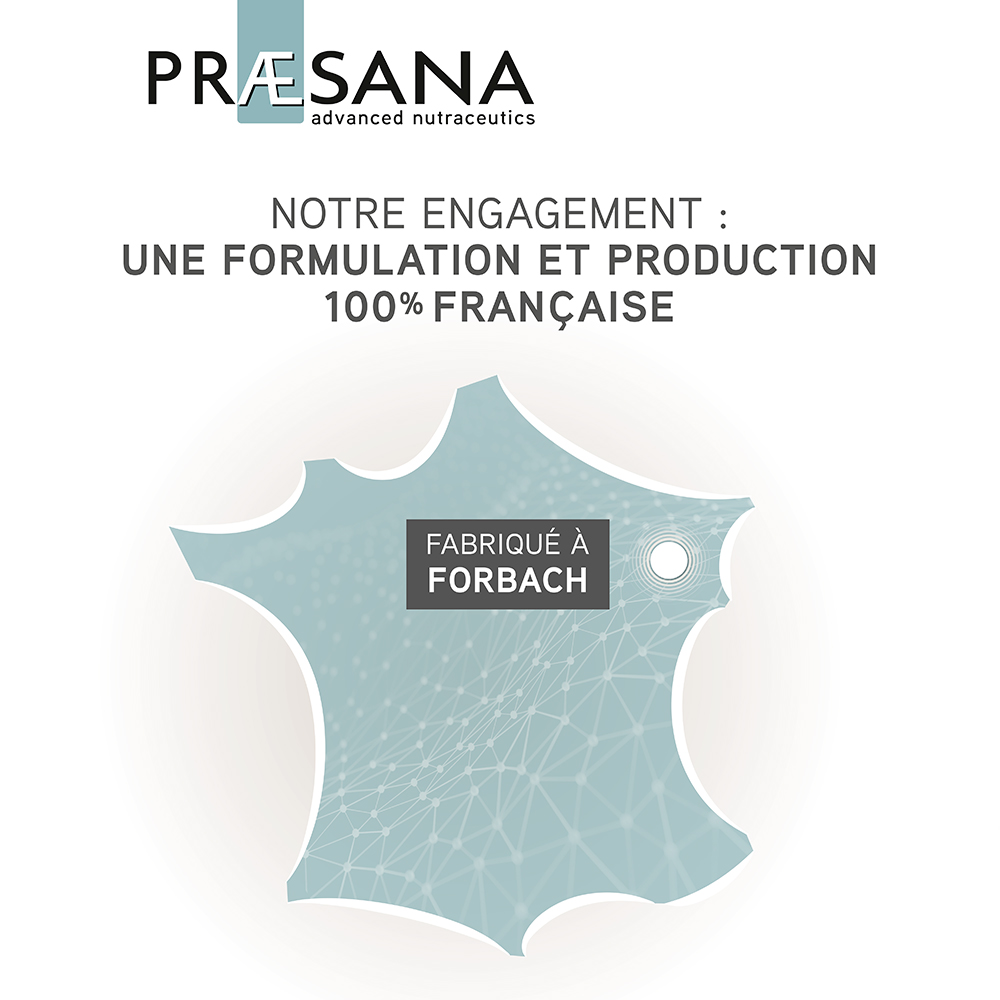Extrait de résine de boswellia 5-LOXIN®
Le Boswellia (Boswellia serrata) est un arbre d’origine indienne dont la résine aide à maintenir la santé articulaire et à soutenir la flexibilité articulaire.2-5
La supplémentation pendant 30 jours de 100 mg par jour d’un extrait de résine de boswellia breveté 5-LOXIN®, riche en acides boswelliques et notamment en AKBA (30%), a fait l’objet de deux études cliniques sur 135 volontaires sujets à des inconforts articulaires légers à modérés pour déterminer ses effets sur le confort et la mobilité articulaire.6,7
Nous avons choisi cette dose de 100 mg par jour pour notre formule.
Collagène UC-II®
Le collagène est la famille de protéines la plus abondante du corps humain. Il existe de nombreux types de collagène aux rôles biologiques divers et variés, notamment structurels. Parmi ces différents types de collagène, le collagène de type II est un constituant majeur de l’articulation qui assure la cohésion, l’élasticité et la régénération des tissus.8
La supplémentation en collagène hydrolysé (collagène fragmenté en acides aminés) a fait l’objet de nombreuses études cliniques pour les articulations, à des doses élevées (souvent ≥ 10g par jour).9
Une prise journalière de ces doses élevées peut être contraignante.
Heureusement, de nouvelles formes de collagène sont apparues, notamment le collagène de type II non dénaturé breveté UC-II®. Une évaluation du confort et de la mobilité articulaire après 4 à 6 mois d’une supplémentation de seulement 40 mg UC-II® par jour a été mesurée dans 3 études cliniques, regroupant 342 individus sujets à des gênes articulaires.10-12
Nous avons choisi cette dose de 40 mg UC-II® par jour pour notre formule.
Bibliographie
1. Solanki, P. et al. Association between weight gain and knee osteoarthritis: a systematic review. Osteoarthritis Cartilage 31, 300–316 (2023).
2. Safayhi, H. et al. Boswellic acids: novel, specific, nonredox inhibitors of 5-lipoxygenase. J. Pharmacol. Exp. Ther. 261, 1143–1146 (1992).
3. Safayhi, H., et al. Concentration-dependent potentiating and inhibitory effects of Boswellia extracts on 5-lipoxygenase product formation in stimulated PMNL. Planta Med. 66, 110–113 (2000).
4. Sailer, E.R. et al. Acetyl-11-keto-beta-boswellic acid (AKBA): structure requirements for binding and 5-lipoxygenase inhibitory activity. Br. J. Pharmacol. 117, 615–618 (1996).
5. Roy, S. et al. Regulation of vascular responses to inflammation: inducible matrix metalloproteinase-3 expression in human microvascular endothelial cells is sensitive to antiinflammatory Boswellia. Antioxid. Redox Signal. 8, 653–660 (2006).
6. Sengupta, K. et al. A double blind, randomized, placebo controlled study of the efficacy and safety of 5-Loxin for treatment of osteoarthritis of the knee. Arthritis Res. Ther. 10, R85 (2008).
7. Sengupta, K. et al. Comparative efficacy and tolerability of 5-Loxin and Aflapin against osteoarthritis of the knee: a double blind, randomized, placebo controlled clinical study. Int. J. Med. Sci. 7, 366–377 (2010).
8. Bielajew, B.J. et al. Collagen: quantification, biomechanics and role of minor subtypes in cartilage. Nat. Rev. Mater. 5, 730–747 (2020).
9. García-Coronado, J.M. et al. Effect of collagen supplementation on osteoarthritis symptoms: a meta-analysis of randomized placebo-controlled trials. Int. Orthop. 43, 531–538 (2019).
10. Lugo, J. P. et al. Undenatured type II collagen (UC-II®) for joint support: a randomized, double-blind, placebo-controlled study in healthy volunteers. J. Int. Soc. Sports Nutr. 10, 48 (2013).
11. Lugo, J.P. et al. Efficacy and tolerability of an undenatured type II collagen supplement in modulating knee osteoarthritis symptoms: a multicenter randomized, double-blind, placebo-controlled study. Nutr. J. 15, 14 (2016).
12. Schön, C. et al. UC-II Undenatured Type II Collagen for Knee Joint Flexibility: A Multicenter, Randomized, Double-Blind, Placebo-Controlled Clinical Study. J. Integr. Complement. Med. 28, 540–548 (2022).


